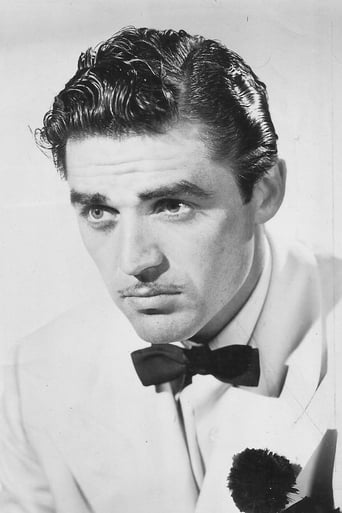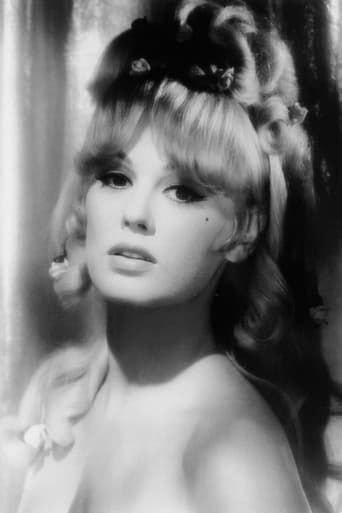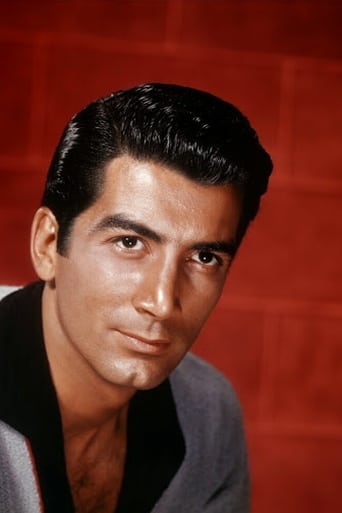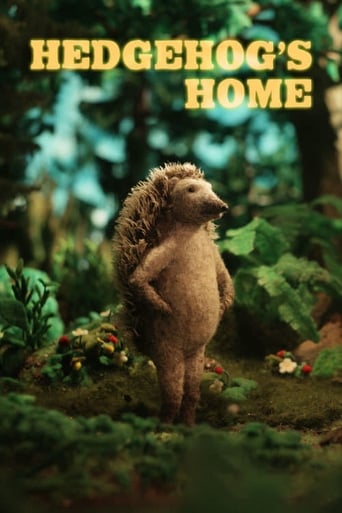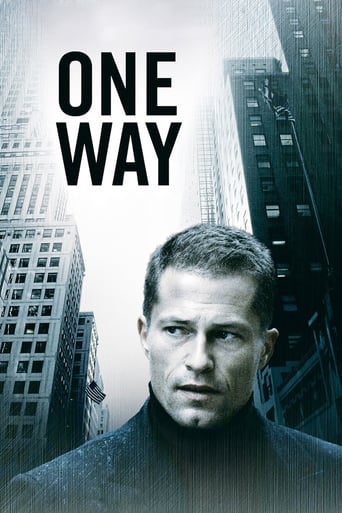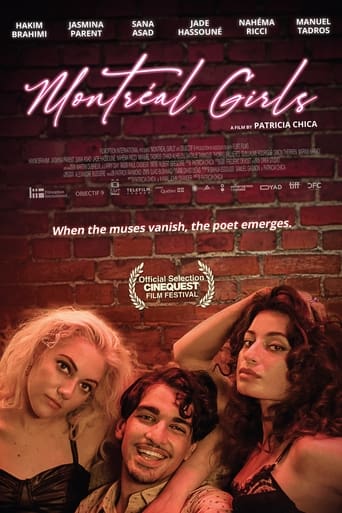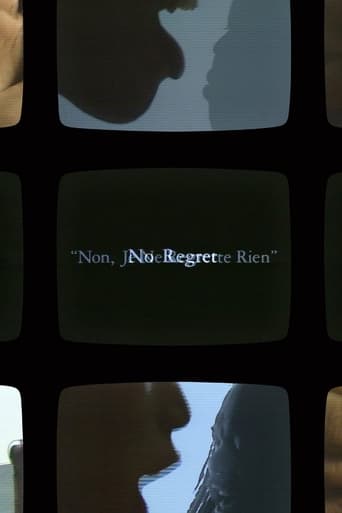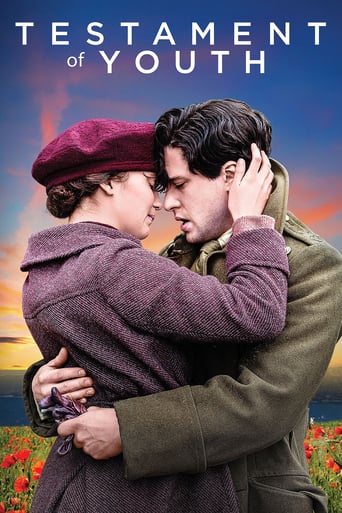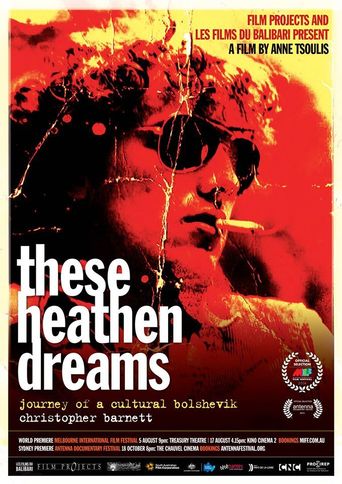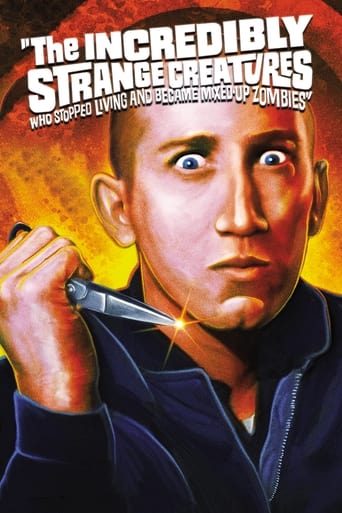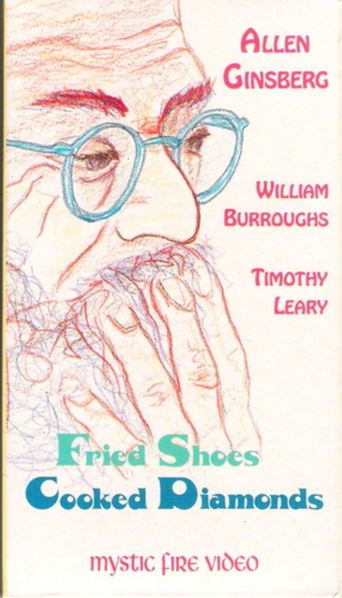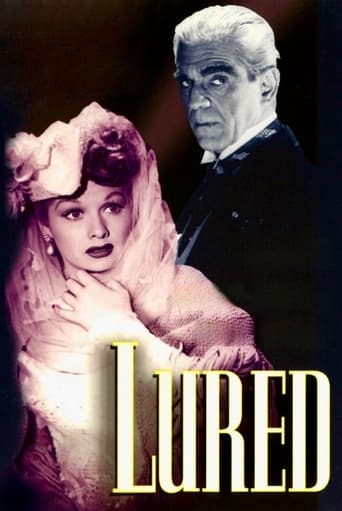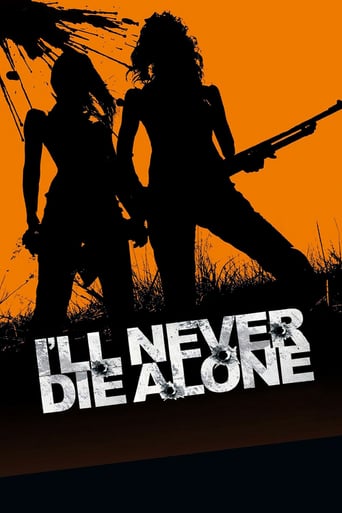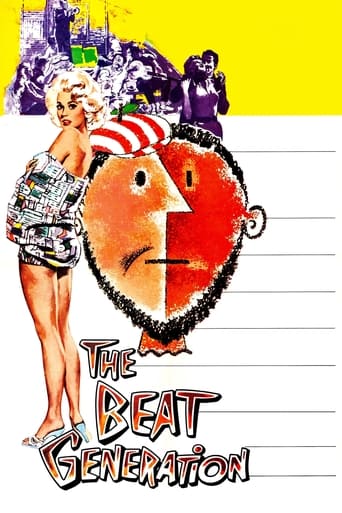
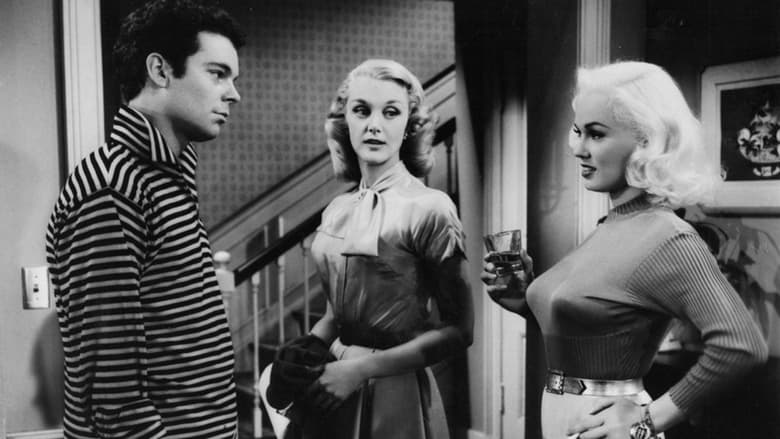
The Beat Generation (1959)
A group of beatniks unwittingly harbor a serial rapist. A cop goes after him after his wife is attacked.
Watch Trailer
Cast


Similar titles
Reviews
This MGM-released (!) opus from the late '50s is rife with unsavory excess and a pretty sick puppy from the fertile mind of that renowned horror & sci-fi scribe, Richard Matheson. As a classic example of Albert Zugsmith-style exploitation, it's got a little bit of everything but some of the playfulness (that "let's all go to the moon" number and the "drag stakeout", for example) diluted what could have been a solid little thriller. Still, despite the nonsense, there's more than enough perversity, violence, and duality to satisfy the avid noirista.Robotic Ray Danton actually proves to be quite chilling as a vicious Be-Bop "Svengali" who gets his kicks serially raping housewives and has the same problem Susan Cabot did in Roger Corman's SORORITY GIRL (a perfect second feature) in that he's just a spoiled rich kid who's got everything but a parent's love. Steve Cochran's a misogynistic cop who's wife (Fay Spain) is beaten and raped by Danton and when she finds herself pregnant, Cochran goes all out to nail the creep.The rapist is called "The Aspirin Kid" and gets into women's homes by pretending to be a friend of their husband's but once inside he feigns a headache and when they go get him a glass of water for his aspirin, he strikes. He drags them to the bedroom and the camera lingers on the door while the viewer hears the slapping, beating, pleading, and screaming going on inside. And as if that wasn't enough, the bruised and swollen faces of the victims brings it all home, as well.Mamie Van Doren doesn't miss a beat as "Mrs. Alteras", a voluptuous hot-to-trot divorcée who almost becomes a victim -and no doubt would have loved it. Danton gets one of his minions to do a "copy-cat" rape to throw the police off and when the guy (Jim Mitchum, Bob's look-alike son) is just about to attack Miss Mamie, her ex-husband (Van Doren's real-life husband, bandleader Ray Anthony) bursts in. Mamie whispers to Jim to give her a call when her "ex" isn't around and ends up having a very "special" relationship with her would-be rapist. Cochran thinks she knows the perp's identity and asks her out; she's willing ....but when she finds it's not sex but information he wants, she clams up. Her reaction to the fact her young stud may be "The Aspirin Kid" is basically "So what?"What's reely amazing, however, is the social issues this exploitation shocker attempts to tackle: misogyny, rape, abortion, disaffected youth, even God. It's also a low-rent version of Fritz Lang's THE BIG HEAT with tough cop Cochran out for revenge when his home-life is torn apart (Fay Spain has the Jocelyn Brando role) and Miss Mamie plays the good/bad Gloria Grahame part. Cochran loves his wife but hates all women because of his first wife and Mamie is exactly the kind of woman he despises. This becomes a journey of discovery for Cochran, who gets his epiphany in a "mirror image": when Steve and Danton face off, it predicts the scene in PSYCHO when Gavin and Perkins stare at each other over the motel reception desk. Cochran thinks all women are tramps (Danton calls them "filth") and he believes the housewives "asked for it" until it happens to his wife. There's no truly evil people in this film; even the rapist breaks down and cries, begging to die. Cop Jackie Coogan's happy home-life provides the voice of reason as does Fay Spain's best friend, Irish McCalla -along with a priest (!) to discuss the abortion issue. Mamie Van Doren and her young stud are ambiguous at best, neither good nor bad (probably both) but come around when confronted with a grim life-or-death situation and end up on the "right side of the street". Unlike most film noir, there's even a happy ending all the way around except for Mamie and Mitchum -nothing really happens to them.It's easy to see the "noir paranoia" here; compare the misunderstood title youth in REBEL WITHOUT A CAUSE and THE WILD ONE with the "herd mentality" of THE BEAT GENERATION (tellingly, the earlier films' titles refer to individual rebels, while the other is all-encompassing) and the later Italian Giallo would do the same thing to hippies that BEAT does to beatniks: they're either fools or followers murderous sociopaths can use to "blend in" and hide behind.A "must-see" in many ways.
As I began watching "The Beat Generation", I never suspected the film would eventually turn into a giant mess of a film. After all, it started off well and addressed several important issues that other films didn't dare talk about at the time--such as rape and abortion. But, somewhere along the line, the film just disintegrated--as if the second half of the film didn't even have a script. And, when it became bad, it became REALLY bad!The film stars Ray Danton as a serial rapist. But he's different that the run-of-the-mill molester--he is very calculating and evil. Not only does he rape the women, but afterwords sets up the home where the attack took place to look as if the women had invited him in and it was consensual! And, a narrow-minded knucklehead cop (Steve Cochran) falls right into this trap and blames the first victim. But, this comes back to haunt him when the sicko later rapes the cop's wife--and Cochran is forced to face this. But, since he is still a bit of a jerk himself, the cop becomes obsessed with catching this guy and ends up nearly destroying his marriage in the process.From the description above, the film sounds interesting--especially when the wife ends up pregnant and they don't know which man is the father--the cop or the rapist! But this is handled rather poorly--and the rest of the film is just awful. Why they had to include all the silly beatniks, I have no idea. And, some of these 'young people' were simply ridiculous--including a 55 year-old Maxie Rosenblum--who, inexplicably, starts wrestling with the cop later in the film! The ending is a mess and you just have to see it to believe it--especially when magic apparently occurs and the cop and his wife work things out and forget all their disagreements. Sloppy and not worth your time--and also not bad enough to make it good viewing for a bad movie buff.
The Beat Generation exploits that post-war phenomenon of feckless and disillusioned youth as a topical gimmick superficial parody pitched at about the level of Bob Denver's Maynard G. Krebs on `The Many Loves of Dobie Gillis,' the TV series which debuted the same year as this movie. Beatniks with bongo drums spout petulant poesy couched in a made-in-Hollywood argot thick with `daddy-o's,' `real gone's' and `cool cats.' (Out of all this comes at least one good line: `I don't need a mother, man I've BEEN born.')All of which is too bad, because here and there The Beat Generation shows glimmers of higher aspirations, as though it had started out a more ambitious project a better movie than it ended up. (The co-scriptwriter, Lewis Meltzer, has some solid noir credits on his resume, including The Brothers Rico.)Out of the coffee houses comes rapist known as the Aspirin Kid (Ray Danton) who is terrorizing the community. On the pretext of repaying a debt, he shows up at the door of married women whose husbands are away, pleads a headache, and, while water is being fetched, slips on leather gloves and overpowers his angels of mercy. On his trail is cop Steve Cochran, whose wife becomes the Kid's next victim. This proves more than Cochran can handle, who starts treating his wife the way he treated the other victims as tramps who asked for it. It doesn't help when she finds out she's pregnant, presumably by the rapist. (And here the movie takes some very odd turns. First, there's discussion of a possible abortion a subject that movies at this time touched upon, if at all, only in the murkiest of terms. Then there's a mini-sermon about the sanctity of life which sounds as if it had been written in Vatican City, though it turns out to be the movie's viewpoint as well.)The theme of the misogyny shared by Cochran and the rapist remains the most compelling element of the story; if only it had been pursued more consistently or honestly. Instead, the film flies off on its peculiar tangents. One of them concerns Mamie Van Doren, whose assault is rudely interrupted, which is a shame, because she quite explicitly WAS asking for it, and stays miffed for the rest of the movie. Another concerns Jim Mitchum (Robert's son) as the rapist's accomplice; he inherited his father's looks, down to the cleft in his chin, but little of his talent. His idea of acting is to fling out his arms with every line he utters. Charlie Chaplin's son appears as well, not that it matters much, as does a very early Vampira, reciting an ode to parental hate with a white rat perched on her shoulder like a pirate with a parrot. The Beat Generation suffered too many compromises to be classed as true noir, though it often is. Sadly, its chief interest is in preserving its grotesque travesty of that cultural phenomenon called the Beats a travesty that has become more or less the official line when the beats are remembered at all.
Mamie Van Doren is deliciously "pneumatic" as always, a rougher version of Marilyn Monroe and Jayne Mansfield.This film is one of my favorite bad films - and from me that's a compliment!Juvenile delinquency films were Mamie's forte - check her out in Girls Town and High School Confidential - they have cool casts like this film, bad racy scripts, and Miss Van Doren herself "The Queen of Teen".In this film we have everything - the lovely Mamie Van Doren, a serial rapist "The Aspirin Kid"(played by Ray Danton), one of my favorite B movie hunks (namely Steve Cochran) in a bathing suit no less, a hula-hooping suburban housewife, and even a very blonde Vampira (!) in a speaking role, reciting some hip Beatnik poetry about parents being a "drag". And the children of (much more talented) famous parents: Charles Chaplin Jr, Jim Mitchum, etc. What more could you ask for in a camp trash late '50s flick?This film is definitely a must-see for any trash, B movie lover . . . as are most of Mamie Van Doren's late "50's films.


